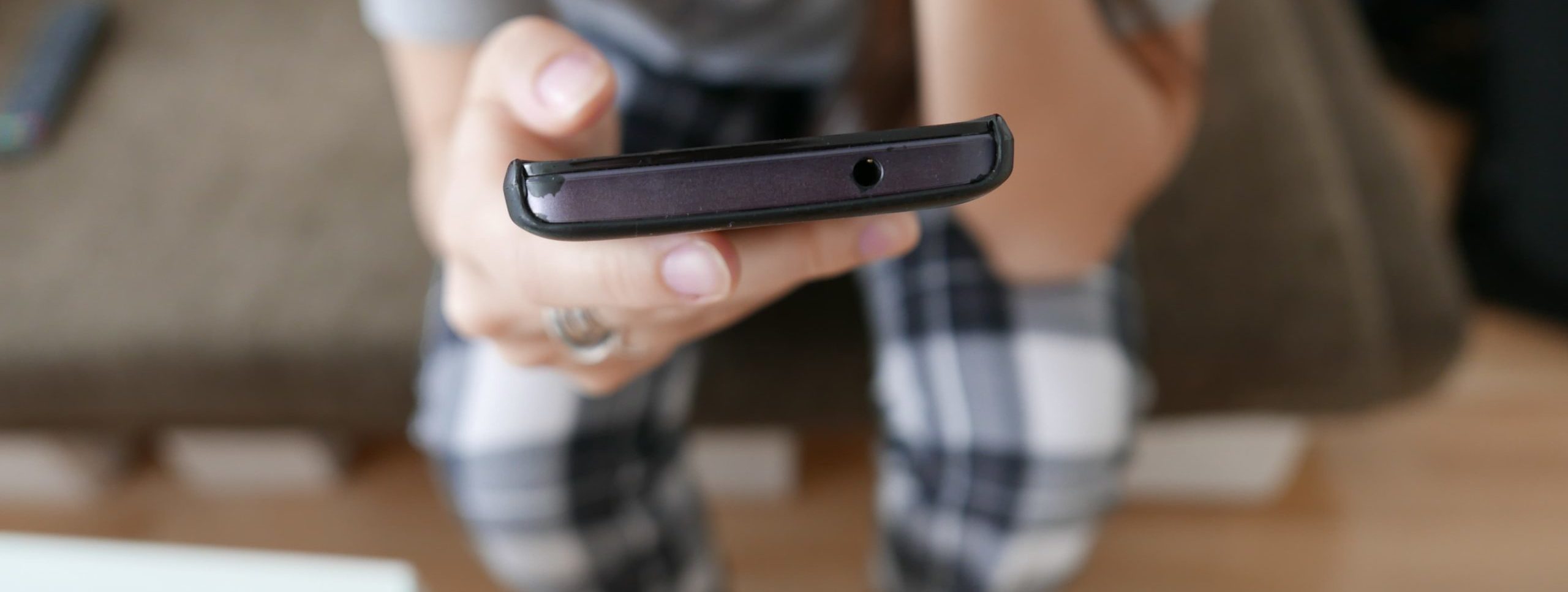When experiencing challenges in a relationship, have you ever thought: I need to leave because I feel overwhelmed? Or perhaps: I’ll do anything to know what is going on? Or maybe: I feel stuck in this relationship and don’t know if I should stay?
These thoughts are not uncommon.
In fact, these thoughts identify how you relate or attach to others and are an indication of your attachment styles.
If you have been struggling to maintain stable relationships in your life, perhaps intensive love avoidance coaching would help you understand your core wounds and make lasting changes in your emotional life. Until then, keep reading to find out more about attachment.
What Is Attachment?

Attachment is the process of one person connecting in relationship to another. In other words, attachment describes how we bond with others.
Our sense of attachment begins with the relationship between ourselves and our primary caregivers (parents, guardians). This first relationship dictates how we bond with others in the future.
If you attach securely with your parents in your first five years of your life, then you will develop a strong foundation for positive attachment with others.
If not, then you may have a deep childhood attachment wound that impacts your current relationships.
Here’s the thing, just because you didn’t have a solid foundation in your first five years, it doesn’t mean that you can’t develop healthy adult relationships now.
The good news is that no matter what childhood experiences you’ve had, you can still create healthy relationships.
But first, it helps to recognise what attachment style you most commonly use.
What Are The Different Types Of Attachment Styles?
There are four common attachment styles, but you may not necessarily use the one style all the time. We have simplified the names of the common attachment styles to reflect the energy you bring to the relationship. The way you engage in a relationship often depends on the other person or the situation.
For example, you may engage differently with your boss than you would your best friend, or your spouse.
Let’s look at each of these four styles and how they show up in relationships.
Avoidant Attachment
People who experience avoidant attachment tend to live in their thoughts because they want to avoid conflict. They tend to use secretive behavior, struggle with being vulnerable, and avoid connection whenever possible.
These people don’t like to feel. They don’t believe it’s safe for them to feel because their parents didn’t allow them to feel uncomfortable feelings as a child.
Most avoidants grew up feeling controlled. Their parents are the overprotective, “helicopter parents” – controlling their every move and not allowing them to feel bad feelings.
When these children grow up, they’re not able to engage in uncomfortable situations in their relationships – they want to avoid them.
The core wound for people in this situation is not being seen for who you are.
Anxious Attachment
Most people who attach in an anxious way often grew up experiencing neglect or abandonment. They grow up craving connection in a relationship.
Typically, anxious people feel first and then act. They don’t think about what they’re doing.
A person who attaches anxiously may engage in high-risk behavior when they feel uncomfortable in a relationship or when they feel the threat of neglect or abandonment.
They tend to argue their point to keep the relationship intact, even when it doesn’t make sense.
An example of anxious attachment is investigating, controlling or manipulating the situation to find out what’s going on. This may include investigating on social media, doing drive-bys to make sure their partner’s home or checking their spouse’s cell phone while they’re in the shower.
The core wound for people in this situation is feeling neglected or abandoned.
Ambivalent Attachment
Most people who attach in an ambivalent way are confused or challenged in the relationship and worry about making the wrong decision. They end up feeling stuck in close relationships.
If you attach ambivalently you find making decisions difficult, or they take a long time.
Ambivalent attachment is common. It’s a combination of the anxious and avoidant attachment styles.
An ambivalent person may plan to leave or take a break in a relationship for a long time but will wait and wait. They tend to be in a cycle of feeling intense emotions and then over-analyze them – without being able to make a decision.
Ambivalent attachment is created when a child is brought up in two different environments, which may be confusing for a child.
This could be as a result of divorce, or if the parenting styles are very different between both parents. For example, one parent may be codependent and the other may be an addict.
The core wound for people in this situation is feeling misunderstood and not enough.
Secure Attachment
People who can attach securely have relational alignment. This means they can think, feel and act congruently and in a healthy manner.
Secure people can experience conflict, express their feelings and respond in a healthy way. They can process how they’re thinking, know and express what they’re feeling and take the appropriate action.
For them, the need to defend (anxious attachment), run away (avoidant attachment) or question everything (ambivalent attachment) is not the driving force of their relationship.
The good news, regardless of your childhood pain or trauma, you can learn to attach securely.
How To Create A Healthy Relationship
The purpose of understanding these styles is not to label yourself or others. It is to acknowledge the way you approach a relationship so you can move to create healthy connections.
It is interesting to note that these attachment styles play out in everyday life. it can be observed in many areas of your life, especially in your work life and in your relationships with your family or friends.
When you know which wound is being triggered and why, then use that awareness to start changing how you respond.
How Do You Overcome Insecure Attachment?
By understanding why you’re triggered and why you respond with an attachment style, then you can begin to create healthy relationships.
This was the case with a woman I worked with. She had adopted a rigid food plan. She weighed all her food and stuck to her plan. This made it difficult for her to go to dinner with friends. She ended up avoiding many social functions.
Over time, she had no energy left to put towards relationships, other than her relationships with food. And because she wanted to avoid what others might say about her food plan, she kept others out of her life.
Unfortunately, she was like this for 12 years before I worked with her. Her social life was compromised. She wasn’t making or maintaining new friendships. She wasn’t able to be in a close relationship. She was isolated.
When I worked with her, she finally realized she had been controlling food to feel that she had control in her life.
We discovered that during her childhood she felt she had little control over anything. By understanding why she was triggered and why she responded with avoidance, she was able to have a new relationship with food as an adult.
This allowed her to heal her hurt and begin to enjoy other relationships.
I call this relational freedom… when you experience life and relationships from a healthy alignment and can manage and tolerate uncomfortable emotions while maintaining self-care.
It doesn’t mean that you won’t get hurt or never feel intense emotions again.
Relational freedom comes from secure relational alignment. It means that if you can think, feel and do in a healthy and congruent way, then you can attach to others in a healthy way.
Find relational freedom with #1 love avoidance intensive coaching

The good news is that no matter what childhood experiences you’ve had, you can still create healthy relationships. If you want help to move away from old patterns and create relational alignment and freedom, then contact PIVOT.
In addition to our intensive relationship problems coaching for individuals and effective couples coaching retreats, we also offer insightful remote coaching with PIVOT Advocates. Reach out to us today!



















